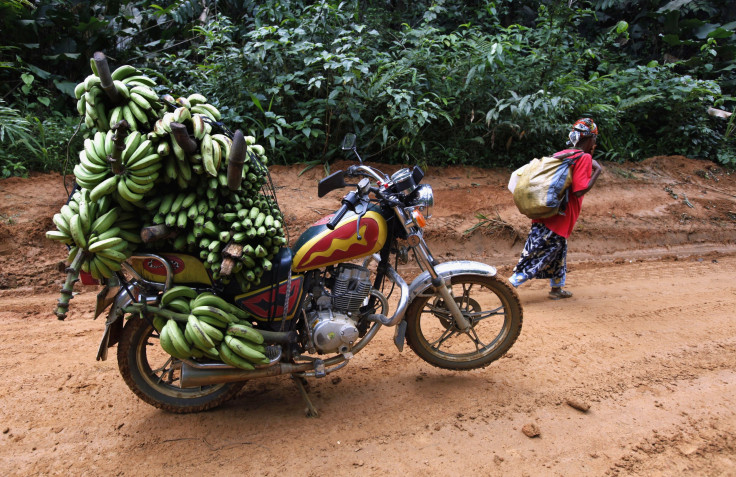Special bananas: Australian scientists develop Vitamin A-rich bananas to save lives of African children

African people may soon be munching on Vitamin A-rich bananas developed by Australian researchers. The bananas have been developed in Queensland as part of a “significant humanitarian project” to save African lives.
The bananas are golden-orange in colour and have been developed to improve the nutritional content of these fruits in Uganda. The fruit is a major fruit staple there, as stated by Queensland University of Technology's Prof. James Dale.
Vitamin A deficiency is a major problem in Uganda. An estimated 650,000-700,000 children die as a result each year, and several hundred thousand have gone blind, reports The Australian. Apart from blindness, the deficiency can impact brain development and impair the immune system. With the help of these bananas, scientists will be delivering four times the target level of Vitamin A in children, Prof. Dale said.
The genetically modified fruit is hailed as a breakthrough as it will save thousands of lives of East African children. These are the perfect food to lift levels of both iron and Vitamin A. The first crops have been produced in Uganda using the local cooking banana variety; the east African cooking banana is usually eaten chopped and steamed.
The genetically grown bananas were first tried in north Queensland. The $10 million project has been funded by the Bill and Melinda Gates Foundation. The fruit will not be available in Uganda for the next six years as it has to pass through tough regulatory procedures. In fact, Prof. Dale did not expect to see any impact on locals until 2025.
“We'll almost certainly be able to select what we call our 'elite line' and this is the line that will go through the regulatory process and finally be approved for farmers. If we start to see … suddenly that level of vitamin A deficiency coming down, that's what we want to see,” he told ABC.
Genetic modifications of the fruit were first tested on the Cavendish bananas in north Queensland. Afterwards, the project was migrated to Uganda. At first, researchers were concerned about a potential loss of pro-Vitamin A over generations of crops. However, they were surprised to notice that such a thing did not happen.





















